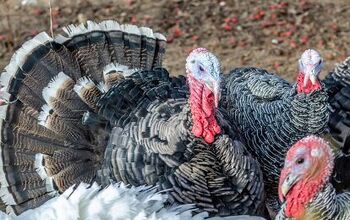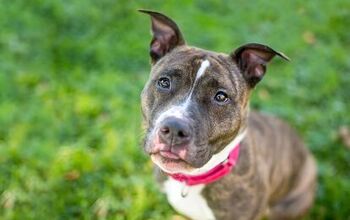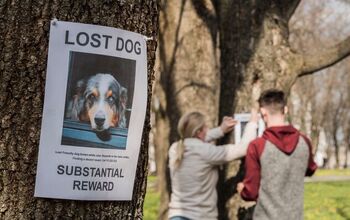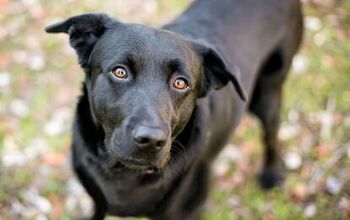Highly Contagious H3N2 Canine Influenza Arrives in Canada

It’s flu season and while many of us hunker down on the sofa with a duvet, the remote and Netflix we may soon need to clear a little space for Rover because Canada has just announced its first reported cases of a highly contagious canine influenza strain known as H3N2. The Windsor-Essex County Health Unit (WECHU) in Southern Ontario reports the virus was detected by a veterinarian in two dogs imported by an adoption agency in South Korea that rescues pooches from that country’s dog meat industry.
Okay, so take a deep breath and relax; it isn’t widespread, it isn’t deadly to healthy dogs, not known to be transmitted to felines and you can’t catch it from him… but it can spread like wildfire amongst infected dogs so you do need to be extra diligent when visiting dog parks, veterinarian offices, groomers and any place where your pooch may be gathering and meeting new friends.
Related: Highly Contagious Dog Flu Strain on the Move As Cases Reported in 2 More States
What are the symptoms? It presents as a mild respiratory ailment including a cough, decreased appetite, fever, nasal and eye discharge (similar to kennel cough but with the additional flu-like symptoms). According to WECHU dogs exhibiting these signs should be kept away from other dogs for at least two weeks.
Scott Weese, a professor and infectious disease specialist at the Ontario Veterinary College at the University of Guelph confirms, “In general, we know this is a flu that has been around in Asia for quite a while and has moved into the U.S. a few years ago. It’s been causing problems in the U.S. for a few years and we haven’t seen it in Canada until this recent incident.”
Related: Do You Know the Right Vaccination Schedule for Your New Pet
The concern is how highly transmissible this virus is between dogs that haven’t had previous exposure and built up a natural immunity – such as those in Canada.
While at this point only two cases are confirmed, two other pooches from the group of those rescued are exhibiting some initial symptoms of the disease so efforts including alerting the public, are underway to ensure the infection is contained.
Dog owners in the Southern Ontario counties of Windsor and Essex are being requested to keep an eye on their pets for any of the above referenced symptoms and to seek medical attention if they suspect infection.
If you think your dog may have contracted H3N2, alert your vet in advance of your visit so that he can take appropriate precautions and if your pooch is older or has existing health issues, you may want to be pro-active and speak to your vet about a canine influenza vaccine that can help reduce the risk of him contracting this particular strain.

Sharing space with three seriously judgy Schnoodles and a feline who prefers to be left alone. #LivingMyBestLife
More by Mary Simpson























